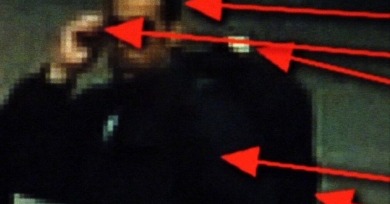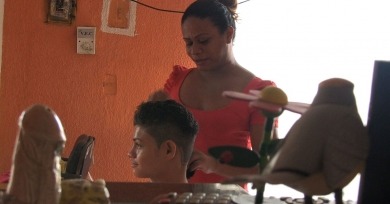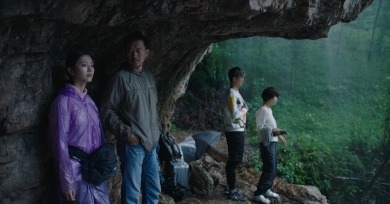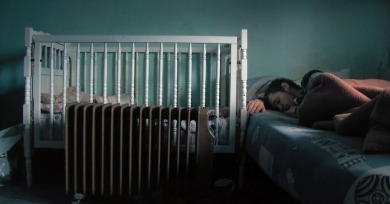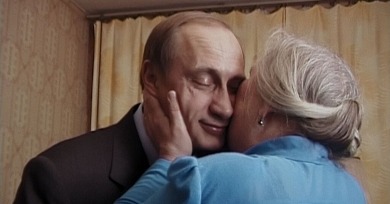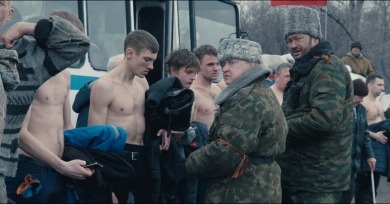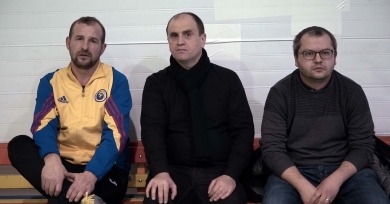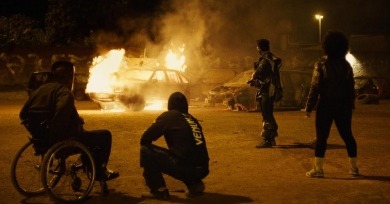At the Museum
Goings-on at Museum of the Moving Image
Claire Simon has been working steadily in the cinema since a mid-1970s internship with Algerian filmmaker Mohammed Lakhdar-Hamina, and has been directing both narrative and nonfiction films for over 30 years now.
In fragmented short scenes intertwined by the turn of chance, Possible Faces keenly studies aimless characters whose lives pinball between despair and grasping the last vestiges of hope.
Schmitz whittles a leisurely yarn with only the most threadbare of narrative action. He shot with no formal script or framework in mind, content to merely observe in fixed, distant shots the desultory minutiae of his hapless subjects.
If, as the saying goes, the devil is in the details, then Chris Kennedy’s 36-minute marvel Watching the Detectives finds in that idea a working metaphor for the modern condition.
Ambulante Más Allá is a roving documentary festival launched in 2005 that provides the framework for building a inclusive independent filmmaking infrastructure, reclaiming an often maligned community and helping them curate their own identities on and off screen.
The Pluto Moment by Zhang Ming is a delightful, quietly subversive film that, under the veil of a personal story, smuggles in details about the current cultural moment in China.
The Family confronts us with situations that are perfectly ordinary, without directing our interpretation. It’s only outside knowledge that complicates matters.
Vitaly Mansky’s latest film is a personal document of historical reckoning culled from hundreds of hours of footage collected during his tenure as official videographer for Putin’s election campaign and early presidency.
To process the layers of brutality and often half-hearted deceit that constitute much of contemporary public life in the former Soviet Union is no enviable task, but Loznitsa has taken it up with gusto.
Close is the kind of actor who excels at navigating the delicate balance between intense physicality, brewing shrewdness, and shattering vulnerability, which is why even her most morally compromised characters nonetheless have familiar strokes of humanity and sympathy.
Talal Derki remains close to this family, capturing meals, the children in bed or at play, men chatting before heading off to combat, rendered as normal as getting into a car for a morning commute.
In the films of Corneliu Porumboiu, seemingly insignificant details, questions, and disagreements ripple outward, like pebbles tossed into a still pond, until they become deep inquiries into history, language, and ethics.
Once There Was Brasilia is a sci-fi epic about assassins from space and the impeachment of Brazilian President Dilma Rousseff, achieved on a shoestring budget.
In this mephitic atmosphere, an assertion of the sanctity of simple domestic pleasures (of pleasure itself) is tantamount to an act of artistic resistance.



